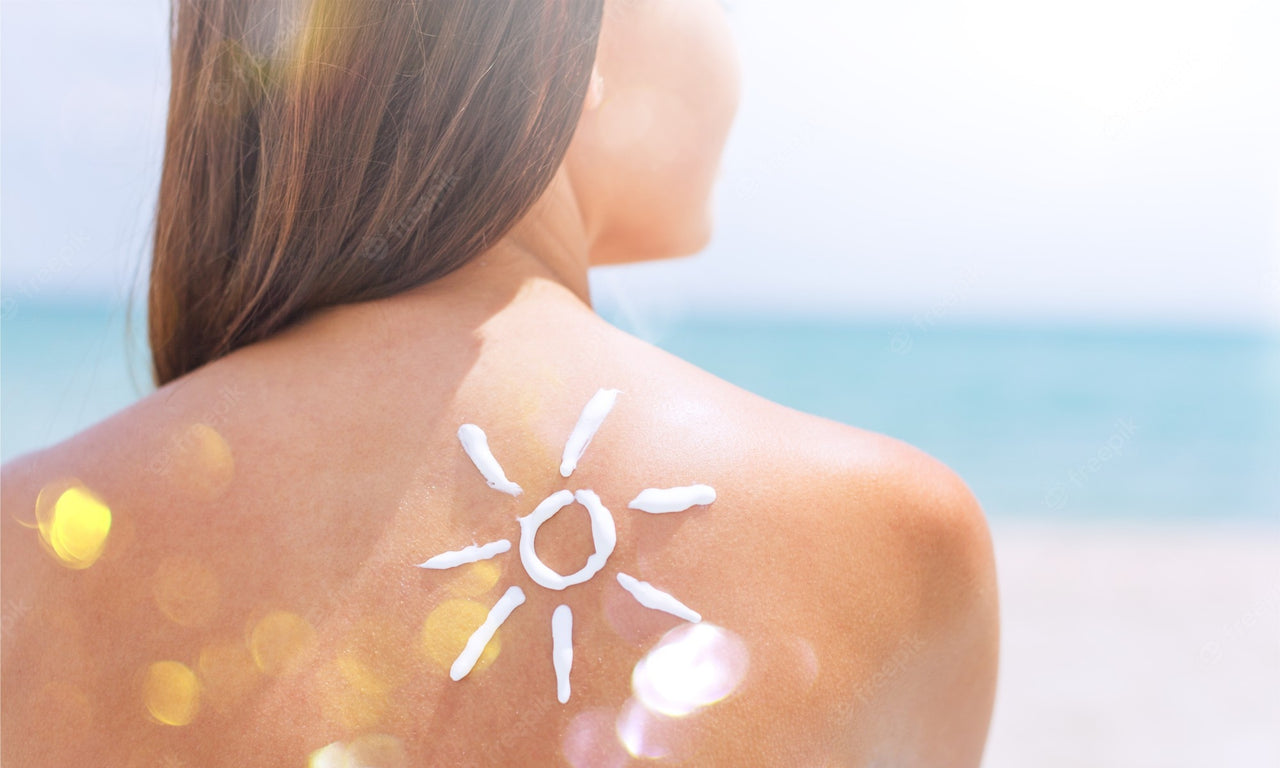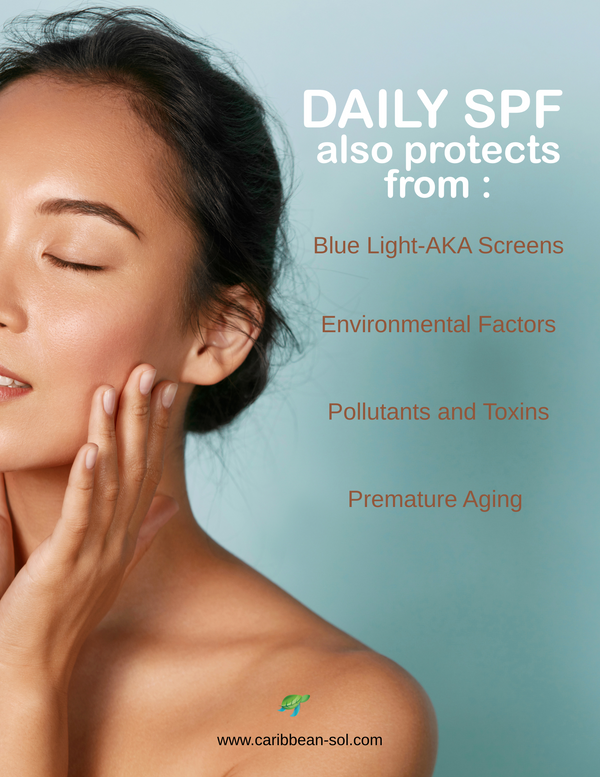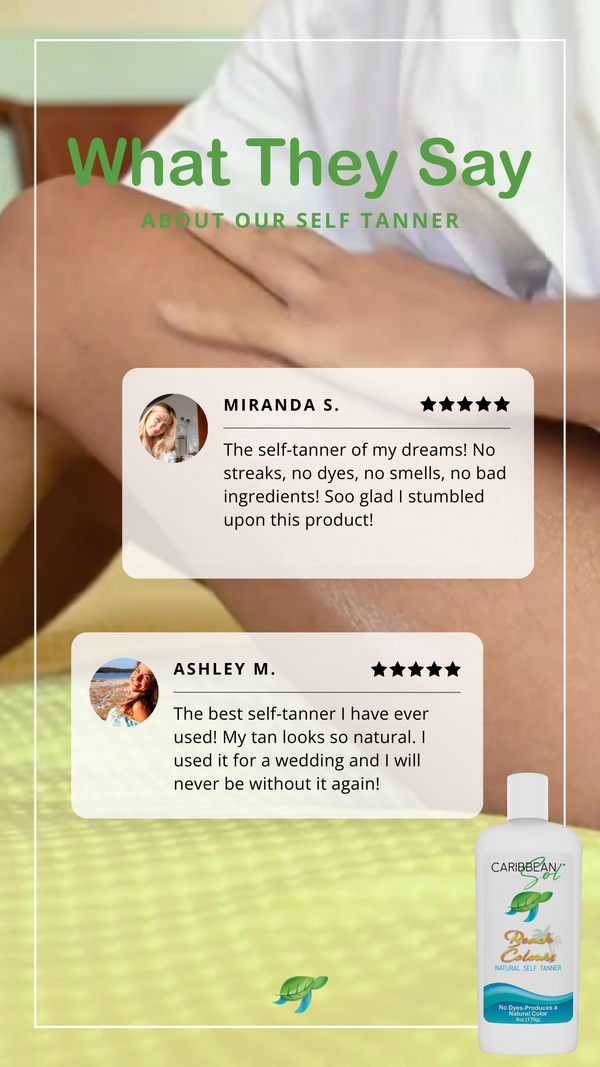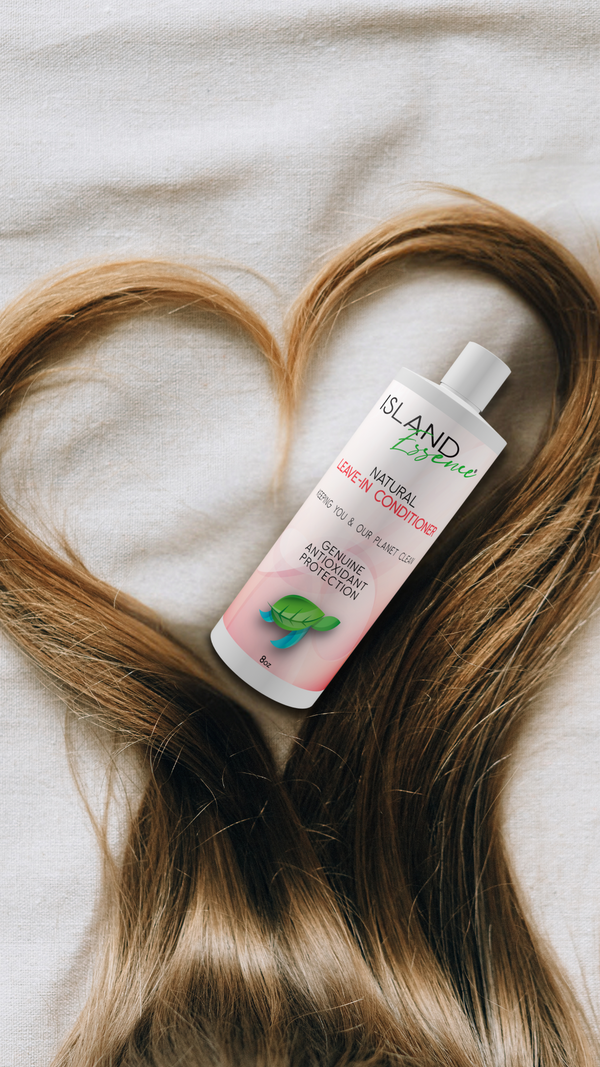In the spring of last year, the independent pharmacy Valisure made public the study results on popular sunscreen products. Two hundred ninety-four unique batches of sunscreen from 69 different companies were examined during the research. The findings were quite unsettling, as the researchers found 78 products to contain benzene, a known human carcinogen. Roughly 27% of the samples tested by Valisure had detectable benzene concentrations. At the same time, some batches contained up to 3 times the safety limit set by the FDA, which is two parts per million. Johnson & Johnson, Coppertone, Walgreens, and Banana Boat, are some companies whose sunscreen was tainted with benzene.
So far, only ten sunscreen products have been recalled, which means that 68 remain on the market, continuing to threaten consumers’ health. Since benzene is not one of the ingredients in sunscreen, companies believe it ended up in their products due to manufacturing contamination. Benzene is a known carcinogen, and frequent exposure can result in leukemia, myeloma, and lymphoma. One of the companies whose sunscreen was tested had a 12 times higher level of benzene in its products. The most dangerous route of exposure to benzene is inhalation. Most of the problematic products were aerosol sunscreen, which means that people who have been using them have breathed in a significant amount of the chemical.
Sunscreen is a crucial personal care product, as applying it daily is the only way you can shield yourself against skin cancer, the most common malignant disease in the U.S. Because most sunscreen manufacturers whose products were found to contain benzene have most likely not taken the adequate measures to solve the issue entirely. Because benzene in cosmetic products is poorly regulated in our country, many people are now at a loss about what sunscreen to use. However, you should not panic, as we have gathered some valuable tips on choosing the safest, most effective, and non-toxic sunscreen.
1. Read the Label and Watch Out for Dangerous Chemicals
Sunscreen can be chemical or mineral. Unfortunately, chemical sunscreen has a lot of drawbacks, as it was found to pose a danger to both our health and that of coral reefs. If you are looking for mineral sunscreen, you might find it challenging to find these products, as up to 96% of the sunscreen on the shelves of U.S. stores is chemical. However, you can easily find mineral sunscreen in online shops like ours. Another great advantage of mineral sunscreen is that it cannot be contaminated with benzene, so you have one less concern about the product you are buying.
Using mineral sunscreen has a lot of benefits, as it contains zinc oxide and titanium dioxide. These two ingredients effectively protect you from ultraviolet radiation and are friendly to the environment. Furthermore, instead of absorbing ultraviolet radiation like chemical sunscreen, mineral sunscreen blocks it upon reaching your skin, which was found to be safer. Nevertheless, suppose you have no option but to purchase chemical sunscreen. In that case, you should avoid the following chemicals, as studies found them to be very dangerous if they are applied to your skin regularly:
- oxybenzone: this controversial chemical is quickly absorbed through the skin and has been associated with lower testosterone levels, higher cancer risk, skin irritation, organ toxicity, respiratory tract irritation, and severe eye irritation
- homosalate: it was found to disrupt hormones and generate toxic breakdown byproducts over time, and while it is allowed in a concentration of just 1.4% in sunscreen in Europe, the U.S. allows it in sunscreen in a concentration of 15%
- avobenzone: the breakdown products of this chemical might cause allergic reactions, damage the endocrine system, and block the effects of testosterone
- octocrylene: it is often contaminated with the carcinogen benzophenone, and because there is evidence that octocrylene can disrupt the endocrine system, it can be used in concentrations of only 10% even in Europe, which is relatively high, according to other health agencies
2. Choose a Broad-Spectrum Protection Sunscreen
While all sunscreen products offer protection against UVB rays, which are the primary cause of sunburn and skin cancer, only those with broad-spectrum protection can shield you from UVA rays too. UVA rays were found to contribute to skin cancer and premature aging. Therefore, opting for sunscreen with broad-spectrum protection is ideal, and products that meet this requirement have passed a particular test to ensure they provide complete protection.
Often, people place most emphasis on the SPF, which is short for sun protection factor, of the sunscreen, but they rarely check whether the product offers broad-spectrum protection, which is also paramount. According to a survey, only 39% of consumers who responded said that broad-spectrum protection influenced their decision to choose sunscreen. On the other hand, 79% of the participants considered the sweat and water resistance of the product, and 75% considered the price.

3. Do Not Underapply Sunscreen
Disconcertingly, many people underapply sunscreen, using just a quarter to a half the amount required. By using just half of the recommended amount of sunscreen, you will only benefit from the square root of the SPF. According to experts, because the skin takes a while to absorb the product, chemical sunscreen has to be applied approximately 30 minutes before going outside to let the ingredients bind entirely to the skin.
To achieve the desired SPF, you should use roughly 2 milligrams of sunscreen per square centimeter of skin, translating to a shot glass or two tablespoons. If you want to ensure you do not miss any spot, you must apply sunscreen before getting dressed and then reapply it to all the exposed skin. Finally, if you are using aerosol sunscreen, apply it until you see a sheen on your skin.
Caribbean Sol Joins the Benzene Sunscreen Replacement Initiative
The core mission of the Benzene Sunscreen Replacement Initiative is to offer people who have been using products adulterated with benzene safe, non-toxic alternatives, particularly to those who developed cancer as a consequence of applying dangerous sunscreen. The legal team initiated the program at Environmental Litigation Group, P.C., a law firm specializing in toxic exposure. Until now, multiple ethical sunscreen companies have joined the initiative and contributed to it to the best of their abilities. Since numerous people have no idea what sunscreen to use anymore due to the dire news about benzene, we believe that the Benzene Sunscreen Replacement Initiative is a laudable program, and we encourage all companies that manufacture or commercialize sunscreen to participate as well.
At Caribbean Sol, we believe that it is of tremendous importance that consumers stay up to date about the issue of benzene in sunscreen and have the necessary information to make beneficial decisions for their wellbeing. As a result, we have partnered up with the team of Environmental Litigation Group, P.C., to help people use safer sunscreen alternatives. Lastly, if you are also a sunscreen company, we invite you to join the Benzene Sunscreen Replacement Initiative by filling out the form at the bottom of the official page.




